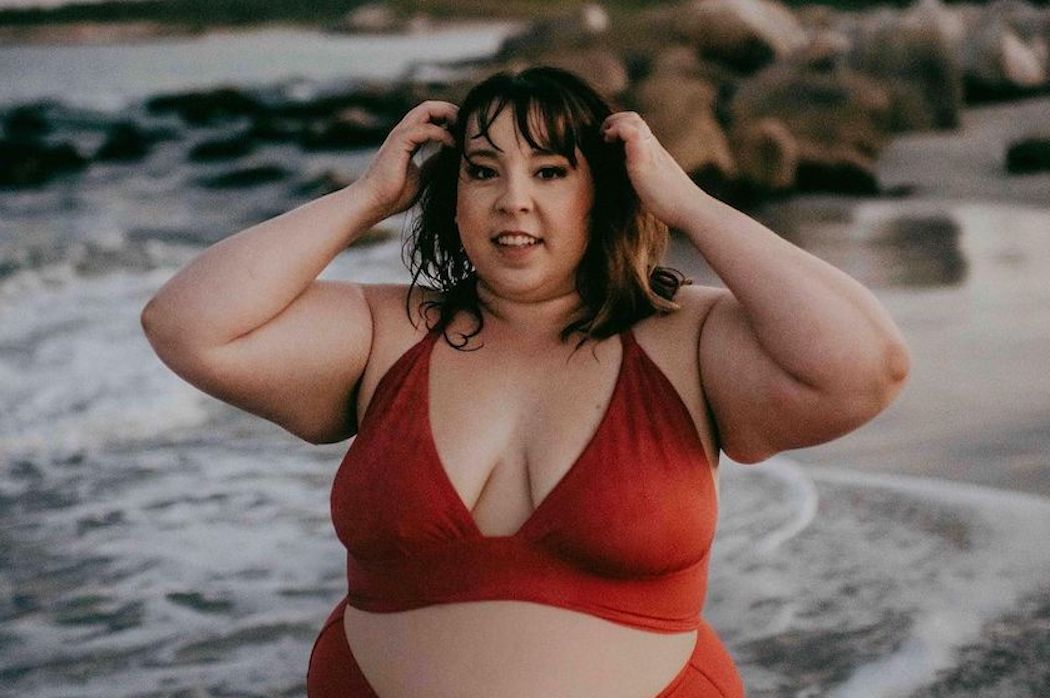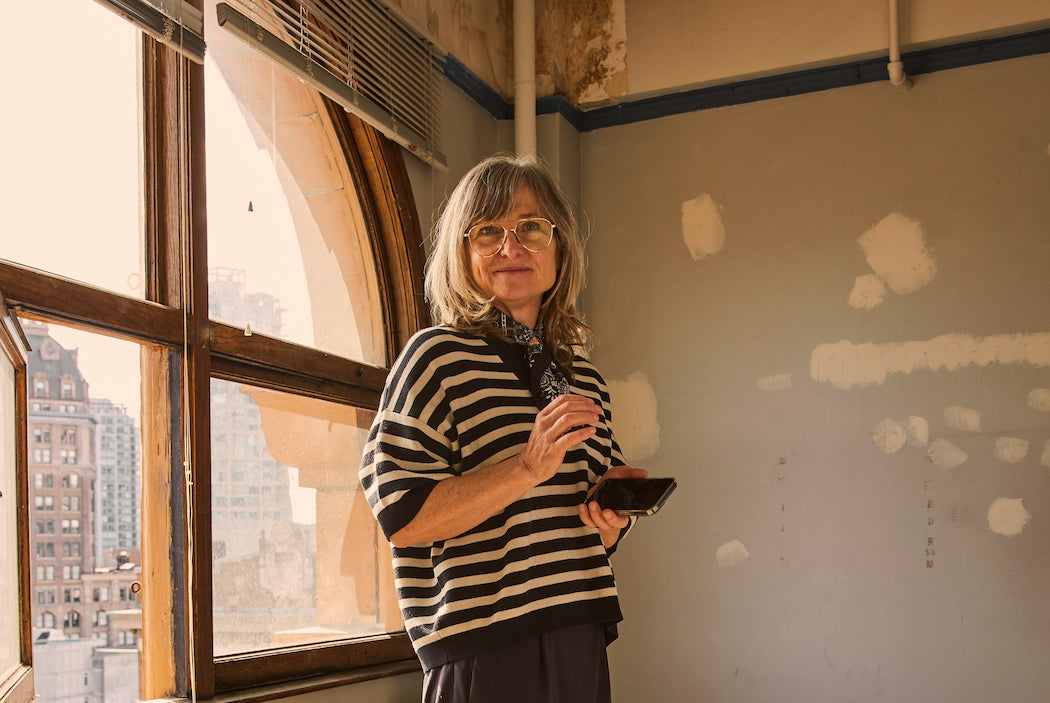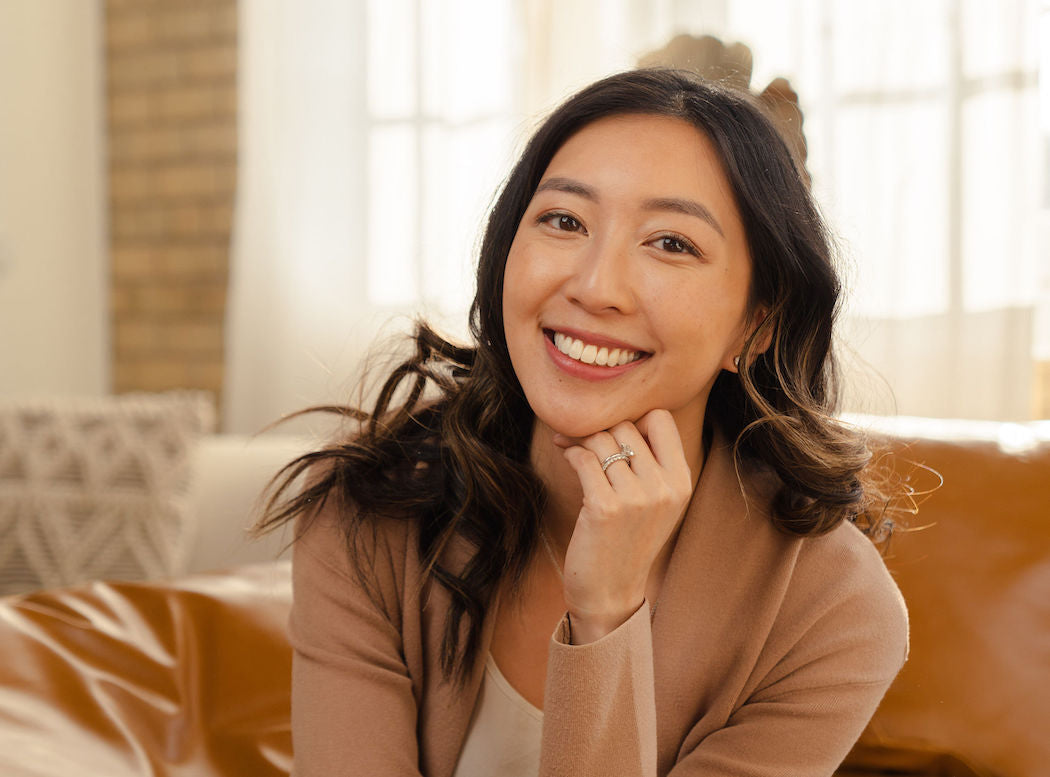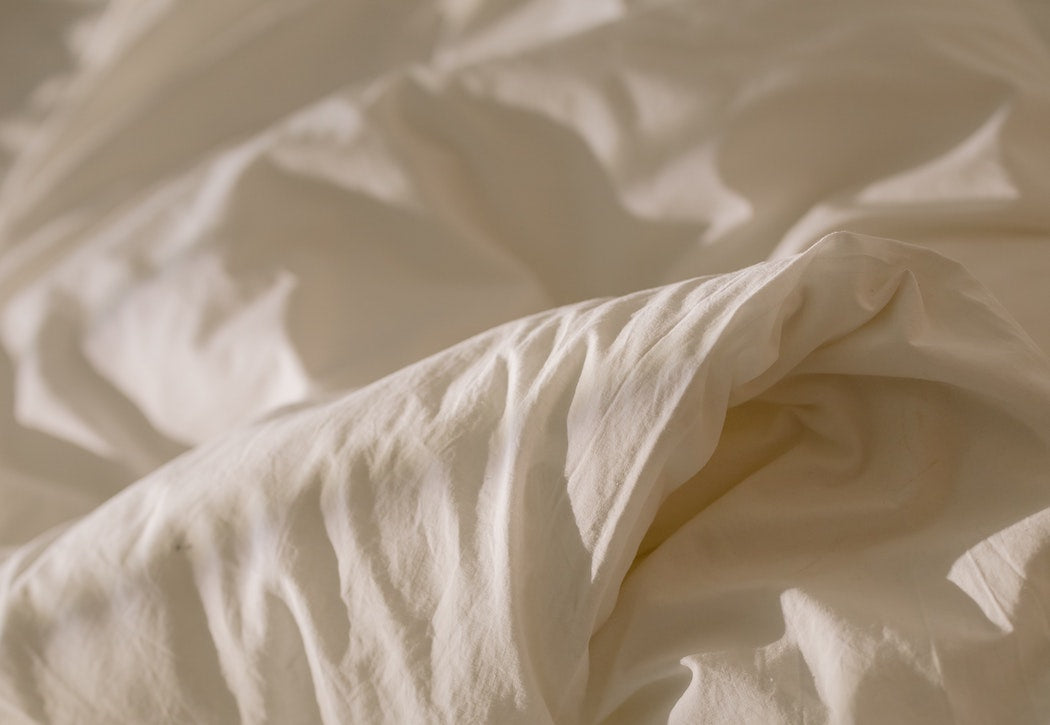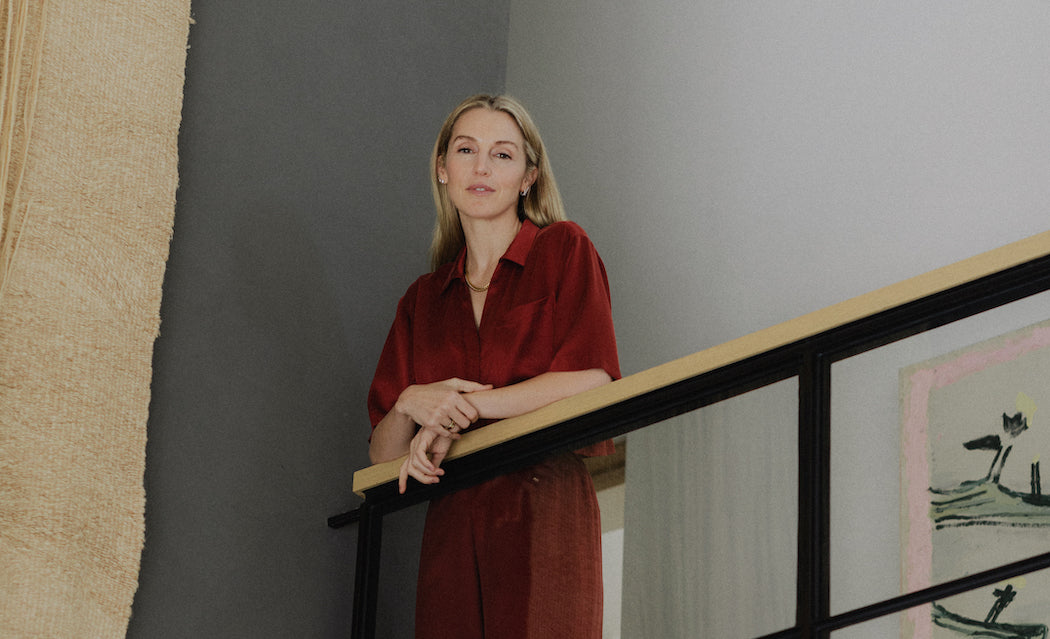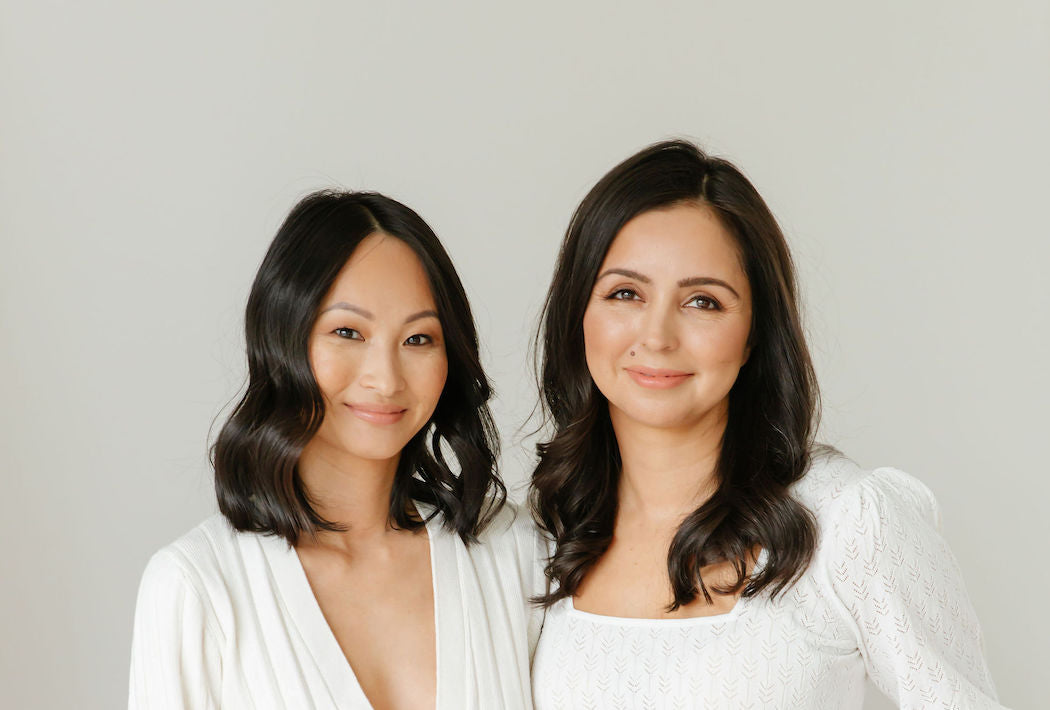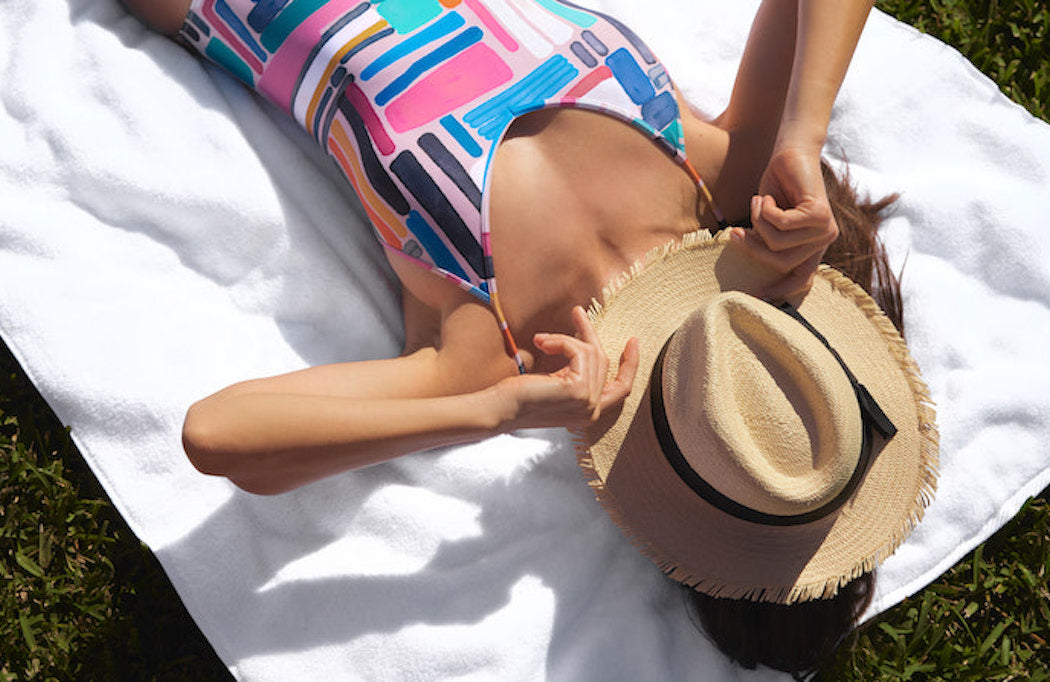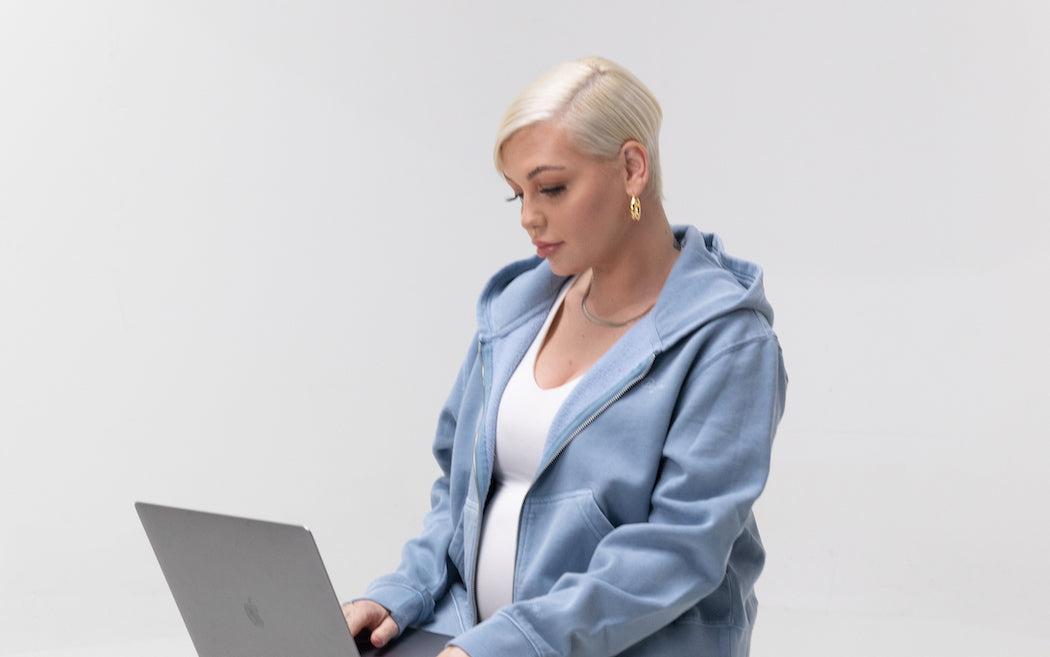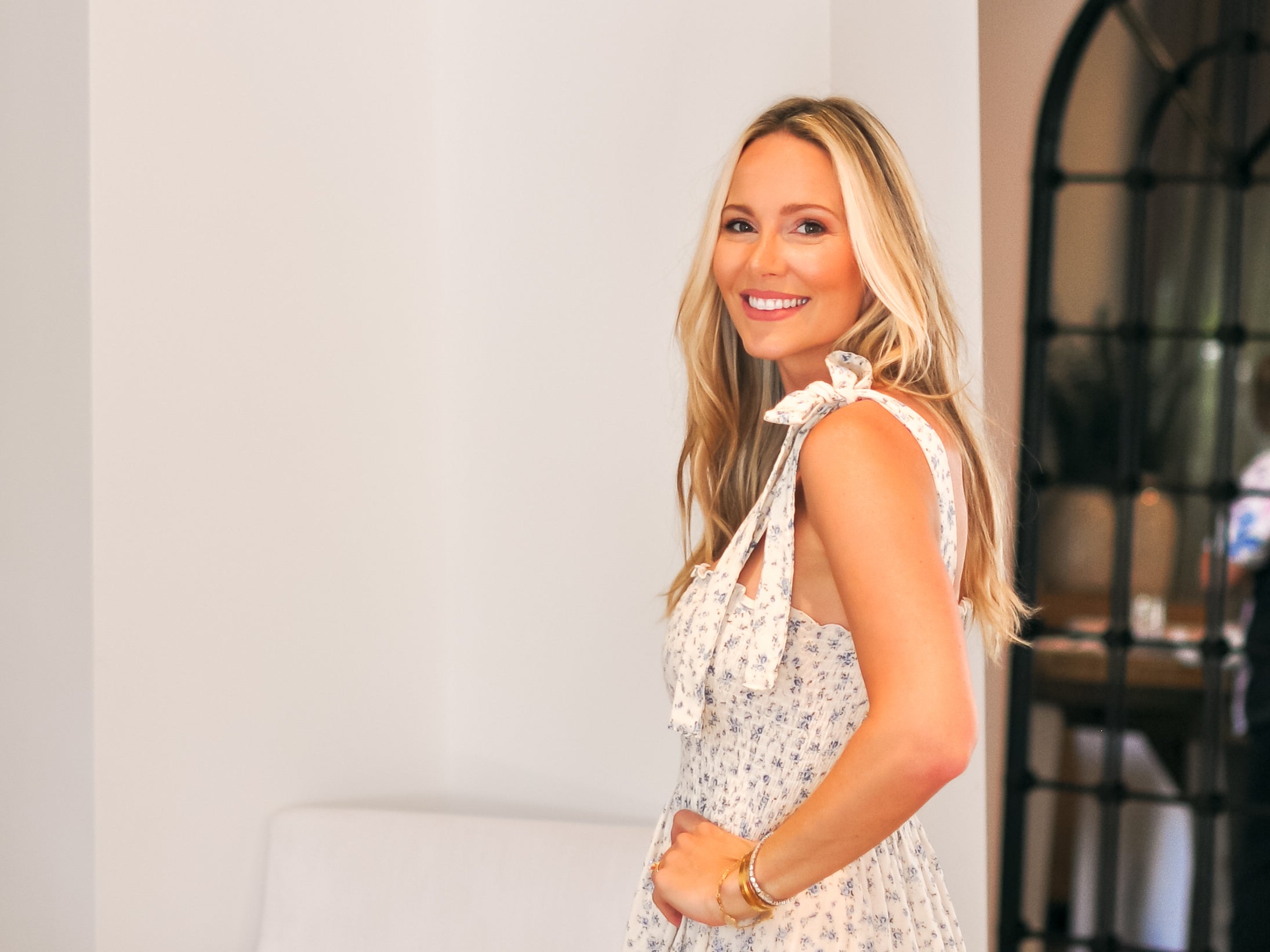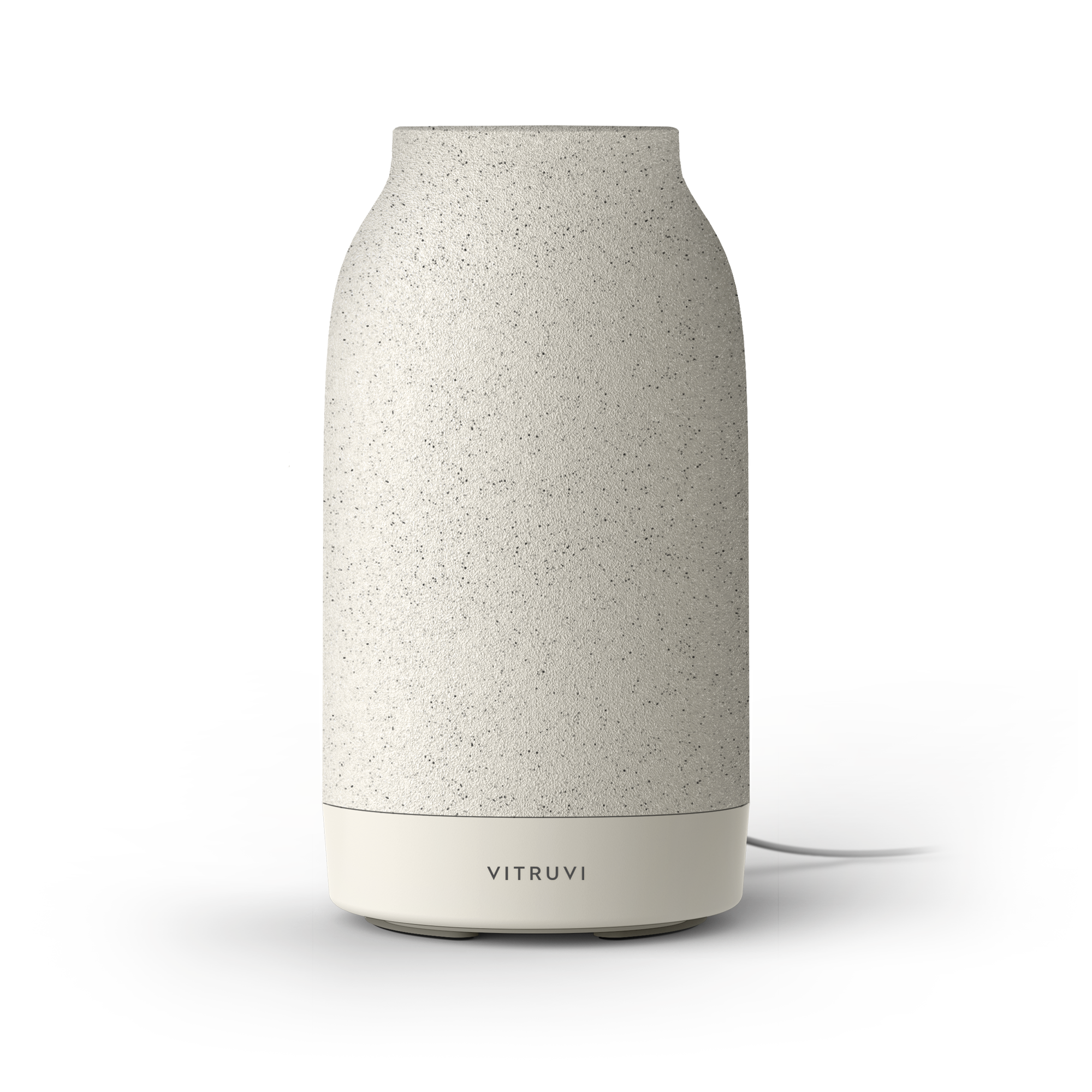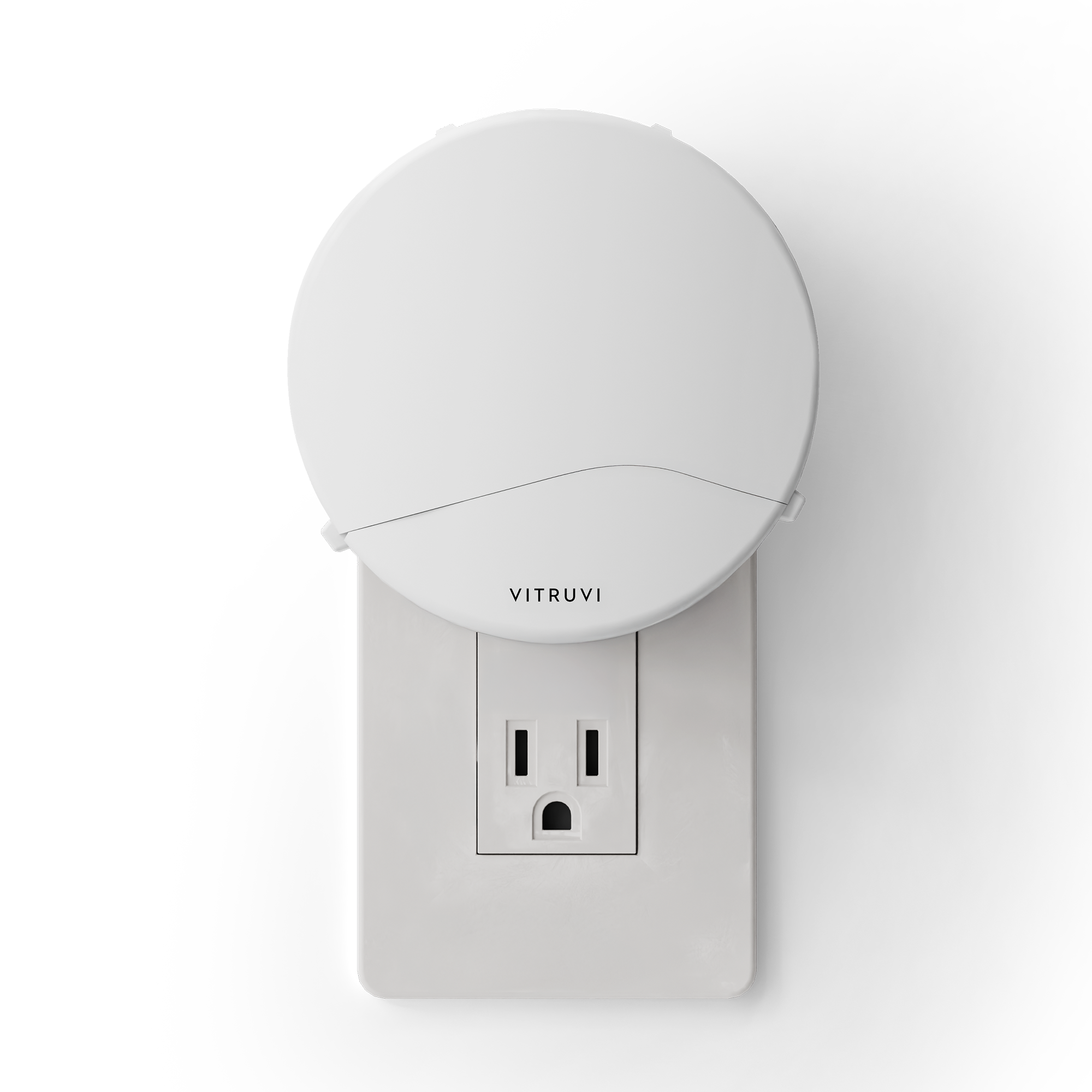The pandemic made many of us afraid not only of a deadly virus, but also of gaining weight during isolation. Many articles and blogs popped up about the “quarantine 15” and how to combat it—as if our bodies weren’t already under enough stress. As if gaining weight was the worst possible outcome. So as we slowly exit the pandemic, we’re here to dismiss the notion that you need to lose weight simply because you’re seeing other people again (or that you need to lose weight ever).
And we’re not the only ones. Launched in February 2021, The BodCon is on a mission to make body confidence a healthy, engaging, empowering, and even fun conversation; through its virtual events—the next of which takes place on August 31—The BodCon reminds us that self-love is a journey, and that it’s one worth taking.
To learn more, we spoke to body-positive influencers and The BodCon panelists Lisa Schoenberger, Gabriella Halikas, and Alicia Mccarvell about combating toxic diet culture and how to love your body, wherever it’s at. Post-pandemic and always.
How has your relationship with body image changed throughout the years?
Lisa Schoenberger: I spent the first 40 years of my life hating my body and believing that being thin was the answer to everything. From every extreme diet or program you can think (starting at 13) to lap band surgery that I suffered complications from, I’ve done it all. But finally, at age 40, I’ve realized that I haven’t been living my life and that I needed to stop obsessing over the number on the scale. Now I’ve learned to love my body for what it is, and I wish I had done it sooner because I’m finally living.
Gabriella Halikas: I used to be extremely insecure as a kid, even though I was so tiny. When high school hit, my body started to develop more and I became even more insecure. The weight gain was killing me mentally, which later contributed to me binge-eating to suppress those feelings and emotions. Once I was in college, I tried everything to lose weight and nothing worked. I was on so many diets, worked out a crazy amount, and still couldn’t find that confidence. It wasn’t until my sophomore year of college that I finally decided to stop feeling bad about myself. I was tired of not embracing my curves and always wishing I was skinny. It was the first time in a long time when I felt free. Now I’m the most confident I’ve ever been, yet also the biggest I’ve ever been. I truly believe that size does not determine our level of confidence.
Alicia Mccarvell: My relationship with body image has been a rocky road. When I was younger, I don’t remember my body being the center of my world—but when I graduated high school, being fat became the most interesting thing about me (in my own head). From that point on, until about four years ago, my body dictated everything in my life. It wasn’t until I had the time of my life in a bathing suit with my husband in Florida that I realized that I had been allowing my body image to hold me back from so many things. Since then, I have allowed the most important things about me to shine.
What do you wish more people would internalize when it comes to body image and self-love?
Lisa Schoenberger: I wish people would realize that confidence and self-love are a continuous journey. You don’t just wake up one day and a switch has magically flipped. We all have bad days where we feel bad about our bodies—but it’s how we deal with those feelings that matter. You are never going to love yourself if you don’t take that first step and embrace your own journey. I like to remind people that they are their own worst critic, and what other people think is not as bad as what we tell ourselves. If someone is critical of you and your body, that is a reflection of how they feel about themselves and has nothing to do with you. You only have one life to live, so enjoy it.
Gabriella Halikas: I wish more people understood how special and beautiful they are. All of us are so uniquely beautiful in our own way. I want people to internalize the fact that our true confidence comes from within and has little to do with the way we look on the outside. My inner confidence is what really shines, which then in turn makes me a more confident person with my exterior self, as well.
Alicia Mccarvell: I wish people understood that their body is the least interesting thing about them.
What do you hope to dismantle when it comes to the weight-loss industry?
Lisa Schoenberger: I hope to dismantle the idea that being thin equals healthy, and I would love to see the body mass index abolished as a tool for assessing weight and health. I want people to know the real risks that are associated with different weight-loss methods that are often swept under the rug. I’ve done so many terrible things to my body in an effort to lose weight, and I wish I had known some of the consequences of those choices before I made them.
Gabriella Halikas: I hope to dismantle the notion that you need to change in order to be deemed beautiful and worthy in this society. It’s one thing to want to work out and eat healthy for your own health and wellbeing. But to consistently shove it down others’ throats, and make others feel less than for being “too big” or “too curvy,” is what I have a problem with. I know I look beautiful the way I am, and I don’t need a toxic industry to try to tell me otherwise.
Alicia Mccarvell: I hope that I can dismantle the idea that exercise and movement have to be about changing the way you look. It took me a long time to understand that I didn’t have to step into a gym as a fat woman and do “weight-loss” things—that I could go to the gym and enjoy myself, and choose movements that brought me joy. Our purpose in life isn’t to simply make ourselves smaller.
These interviews have been edited and condensed for clarity.

